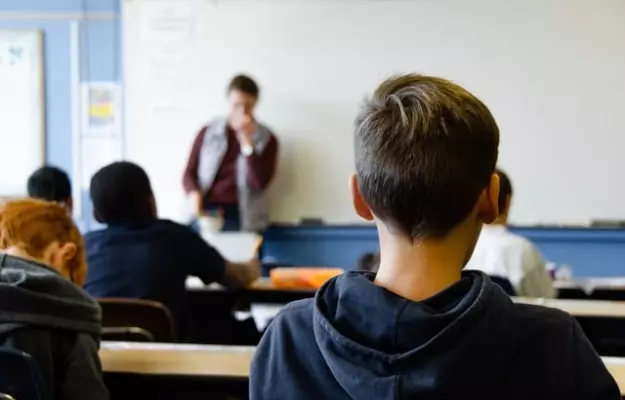A report compiled by the American Academy of Pediatrics and the Children's Hospital Association, US, shows that about 97,000 children in the US tested positive for COVID-19 in just two weeks in July.
The report comes days after World Health Organization (WHO) Chief Scientist Dr Soumya Swaminathan stressed the importance of reopening schools so that learning and overall development of children don't get affected any more than they already have.
As the world continues to battle the new coronavirus infection, COVID-19, public spaces continue to be closed in many countries—although national lockdowns have been lifted in many places. Institutions such as schools, colleges and universities are among the public spaces that remain closed in many countries owing to the dangers reopening could pose to children and young adults.
Read more: COVID-19 and children
With schools closed all around the world, children have had to deal with quite a few changes. Those who have access to the internet are learning to learn online—the pressures on them are immense as the boundaries between classwork and homework blur and they can longer enjoy the downtime they had with friends during the lunch break and in-between classes.
Governments the world over, health authorities of the respective countries, schools and parents have been trying to reach a consensus over the reopening of such places, especially after restrictions in movements have eased over the last two months.


































